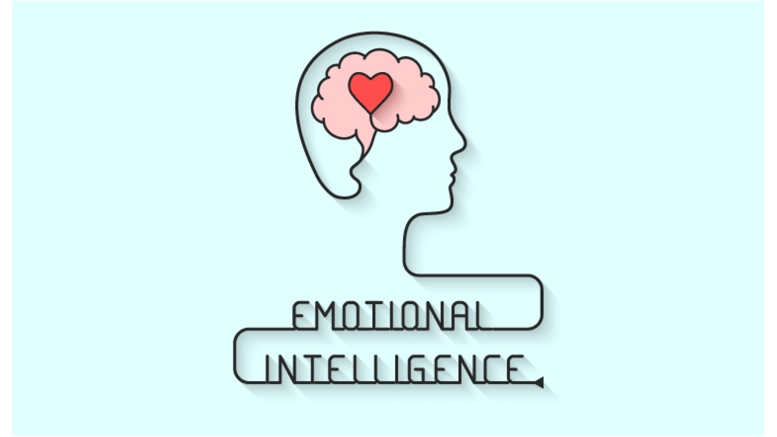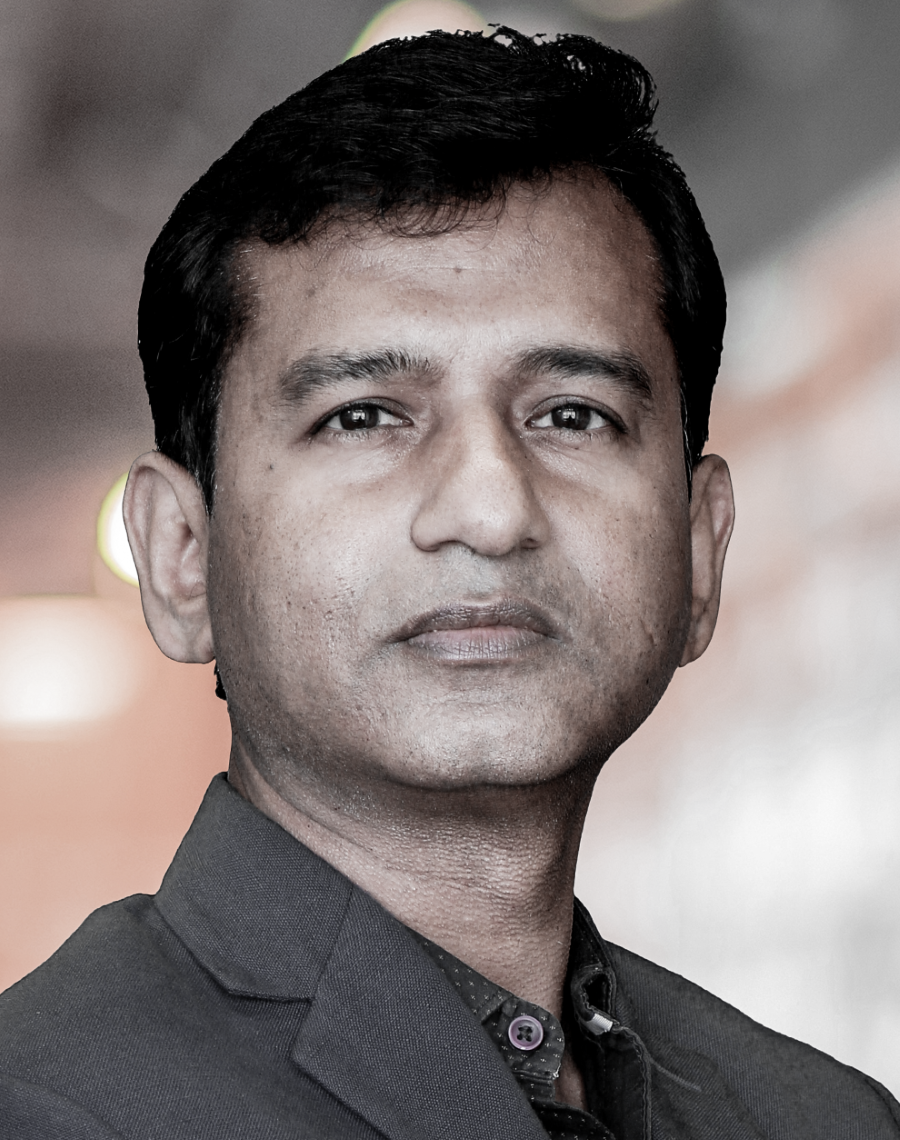Recently I completed reading the ready reckoner on Emotional Intelligence by Daniel Goleman. One of the best reads that is helping me in becoming a better coach in my coaching practice as a PCC Level 2 coach from ICF. I believe this topic is extremely important for evolving in a leadership mindset and ofcourse in our personal lives as well.
For the benefit of our readers, let me share my perspective on what is EI?
What I have learnt, EI helps us to understand better – that as aware human beings we can choose to respond rather than react to situations in our life and work. If we can become more emotionally intelligent, we become capable of an ‘expanded consciousness’ that helps with sustainable changes in behaviour that improves the way we manage ourselves and with others.
How is Emotional Intelligence different from what we normally refer to as intelligence?
Emotional Intelligence diverges from conventional intelligence by delving into deeper aspects of our level of awareness, consciousness, emotions and interpersonal dynamics. While traditional intelligence primarily focuses on cognitive abilities, problem-solving, and logical reasoning, Emotional Intelligence navigates the intricate landscape of empathy, self-awareness, and the adept management of emotions, both in oneself and others.
Here are some aspects of EI that our audience may want to reflect on with respect to human behaviour and attitudes –
- Unconsciously incompetent — You don’t know how to do something and are unaware and unconcerned about it (e.g., I can’t swim and have never really thought about it).
- Consciously incompetent—You begin to learn something new but realise it’s more difficult than you thought. We often feel irritated at this stage because we can’t do it (e.g., you know how you are supposed to learn to swim but keep stalling it).
- Consciously competent—You know how to do something but still have to concentrate to do it correctly (e.g., you have just passed your swimming test and can drive but have to really concentrate not to make mistakes/ get better and are still quite nervous).
- Unconsciously competent—You are so skilled that you don’t have to think about it anymore (e.g., you swim every other day but often don’t remember paying any attention to swimming even during a swimming competition. Instead, you may think about your next team meeting or what you would like to eat for lunch post swimming. That’s because now swimming is a part of your DNA and you are in your ‘flow’ state, literally.
For a deeper reference, our readers would want to read more in the book Applied EI by Sparrow & Knight, 2006 (where we can also read more on the KASH model)
K -KNOWLEDGE
A-ATTITUDES
S – SKILLS
H- HABITS
Emotional Intelligence is crucial for several reasons, and one key aspect is its profound impact on interpersonal relationships and teamwork. Consider the workplace, where collaboration is vital. An individual with high Emotional Intelligence can navigate diverse personalities, understand the needs and concerns of team members, and foster a positive and cooperative work environment.
Additionally, Emotional Intelligence plays a pivotal role in leadership. For instance, during a period of uncertainty, a leader with high EI might address the team’s concerns empathetically, providing reassurance and instilling confidence in the face of challenges. Also, this helps leaders become better coaches as well.
In essence, Emotional Intelligence goes beyond individual emotional awareness; it extends to creating positive social dynamics, fostering collaboration, and enhancing leadership effectiveness – all of which are paramount in personal and professional success.
Emotional Intelligence can help you become more successful in the business world
Emotional Intelligence (EI) is not only for CXOs and senior leaders, however, it does take conscious and consistent efforts to get better at it. Honing EI can be a game-changer in the dynamic and complex landscape of the business world. For ease of our readers, allow me to share some contextual examples:
Effective Decision-Making Amidst Uncertainty—
Imagine a scenario where market conditions suddenly shift, creating ambiguity. A leader with high EI can navigate this uncertainty by staying composed, assessing the emotional tone within the organisation, and making informed decisions that inspire confidence. This adaptability in the face of ambiguity sets the tone for the entire team.
Conflict Resolution and Team Dynamics—
Consider a high-stakes project where team members clash over ideas. A leader with strong EI can detect emotional undercurrents, facilitate open communication, and mediate conflicts, fostering a collaborative environment. This not only resolves immediate issues but also strengthens team cohesion, ensuring sustained success.
Adapting Leadership Styles—
Consider a scenario where a company undergoes a major transformation. An emotionally intelligent leader can assess the emotional impact on employees and adapt their leadership style accordingly – offering support during uncertainty, celebrating successes, and ensuring that the emotional tone aligns with the company’s vision. For example, if the leadership style is only participative, one can enhance it immediately to participative and democratic.
Navigating Cross-Cultural Relationships—
In the global business landscape, leaders often interact with diverse cultures. Emotional Intelligence enables leaders to navigate cultural nuances, understand varying communication styles, and build bridges across diverse teams. This cultural acumen is invaluable for successful international collaborations.
I’d love to go on as this is one of my favourite subjects, however, so as not to overwhelm you with too much, I’d conclude by saying that Emotional Intelligence is a strategic asset. It is not a soft skill. I’d say it is a hard skill to imbibe and enhances decision-making, fostering positive team dynamics, strengthening client relationships, inspiring teams, adapting leadership approaches, and facilitating successful navigation of the multifaceted challenges inherent in the business world.
The views and opinions published here belong to the author and do not necessarily reflect the views and opinions of the publisher.



Be the first to comment on "Intelligence to Emotional Intelligence- Importance of this journey"